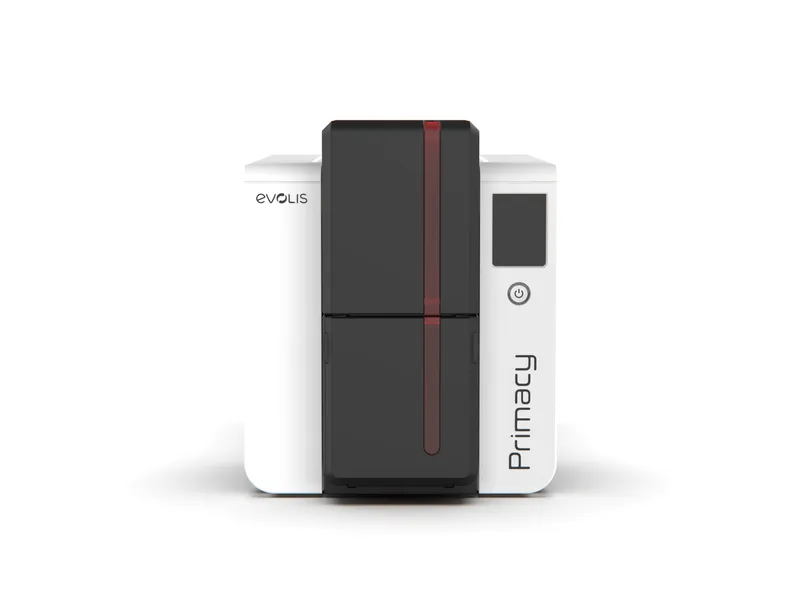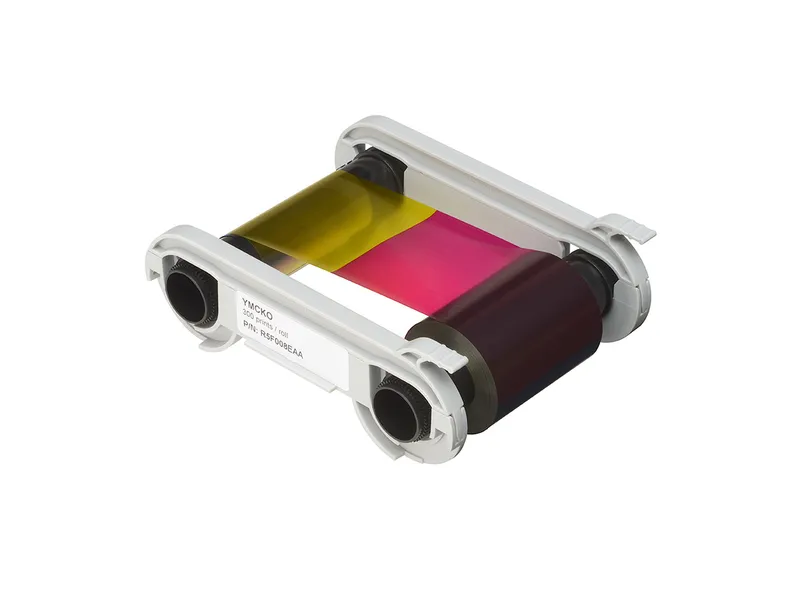Introduction
From small businesses to multinational corporations, identity management has become a cornerstone of security and professionalism. Whether for employee access, student IDs, or event management, having the right printing solution makes all the difference. In Australia, organizations are increasingly investing in card printers Australia suppliers provide. But one big question remains: should you choose a desktop ID badge printer or invest in a full-scale enterprise plastic card printer system?
This article explores the differences, benefits, and drawbacks of each option so you can make an informed decision tailored to your organization’s needs.
Why ID Card Printing Matters
An ID card is more than just a piece of plastic—it’s a tool for:
- Access Control: Preventing unauthorized entry.
- Professional Branding: Presenting a polished image to employees, clients, and partners.
- Operational Efficiency: Automating attendance, payments, and resource management.
- Event Management: Quickly issuing badges for conferences, expos, and seminars.
With the rise of card printers Australia, businesses can now produce secure, high-quality badges in-house instead of relying on outsourcing.

Desktop ID Badge Printers: Affordable and Practical
Key Features
A desktop ID badge printer is designed for small to medium-scale operations. These printers are compact, affordable, and relatively easy to set up. They typically handle a few hundred cards per month, making them ideal for:
- Small businesses.
- Schools and training institutes.
- Local events with limited attendees.
Advantages
- Lower Cost: Entry-level desktop plastic card printers are budget-friendly.
- Ease of Use: Minimal training required.
- On-Demand Printing: Instantly issue a new ID card when needed.
- Compact Size: Fits easily in an office or reception desk.
Limitations
- Slower print speeds compared to enterprise systems.
- Limited advanced features like holograms or large-scale encoding.
- Higher cost per card when printing in bulk.
Enterprise Plastic Card Printing Systems
Key Features
Enterprise-level plastic card printers are built for organizations with high-volume needs. They can print thousands of cards per day and support advanced security features such as RFID, magnetic stripe encoding, and UV overlays.
Advantages
- High Speed and Volume: Designed for large-scale operations like universities, government offices, or corporations.
- Advanced Security: Add holograms, barcodes, and smart chips for tamper-proof IDs.
- Durability: Built for continuous use with lower maintenance downtime.
- Integration: Easily connects with HR, access control, or event management systems.
Limitations
- Higher Initial Investment: Significantly more expensive than desktop printers.
- Complex Setup: Requires technical expertise to install and operate.
- Space Requirements: Larger machines not suited for small offices.

Comparing Desktop and Enterprise Printers
| Feature | Desktop ID Badge Printer | Enterprise Plastic Card Printer |
| Cost | Low upfront, higher per-card cost | High upfront, lower per-card cost in bulk |
| Volume | Best for <500 cards/month | Best for thousands of cards/month |
| Security | Basic printing, limited encoding | Advanced encoding, holograms, UV, RFID |
| Speed | Slower, prints one card at a time | High-speed batch printing |
| Usability | Easy to set up and run | Requires training and IT integration |
Use Cases in Australia
Small Business Example
A Melbourne-based startup with 20 employees chose a desktop ID badge printer to quickly issue staff badges. It provided a professional image without overwhelming their budget.
University Example
A Sydney university invested in an enterprise plastic card printer system to manage thousands of student and staff IDs, complete with access control and payment features.
Event Management Example
Conference organizers in Brisbane rely on card printers Australia distributors offer, using desktop printers for small events and enterprise systems for large expos.
Factors to Consider Before Buying
- Volume of Printing
How many cards will you produce each month? Desktop printers are fine for low volume, but enterprise systems are built for heavy-duty use. - Budget
Desktop card printers Australia suppliers offer may start from a few hundred dollars, while enterprise printers cost several thousand. Consider long-term ROI. - Security Needs
Do you need advanced features like holograms, UV printing, or RFID encoding? If so, an enterprise plastic card printer is worth the investment. - Scalability
If you expect rapid growth, investing in a higher-capacity system may save money in the long run. - Support and Service
Local suppliers of card printers Australia provide warranties and technical support, which is crucial for smooth operation.
The Future of ID Badge Printers in Australia
As technology evolves, expect both desktop and enterprise systems to incorporate:
- AI-Powered Printing: Smarter error detection and design optimization.
- Eco-Friendly Materials: Biodegradable cards and recyclable ribbons.
- Hybrid IDs: Linking physical cards with mobile apps for dual verification.
- Cloud Connectivity: Remote management of card printing systems.
Australian businesses are increasingly seeking these features to meet security, branding, and sustainability goals.
Conclusion
Both desktop ID badge printers and enterprise plastic card printer systems play vital roles, but the right choice depends on your organization’s size, budget, and needs.
- Small startups, schools, and local events benefit from desktop printers that are cost-effective and user-friendly.
- Large corporations, universities, and government agencies require enterprise systems capable of high volume and advanced security.
By partnering with trusted card printers Australia suppliers, businesses can ensure they select a solution that balances performance, scalability, and support.
In the end, whether you choose a desktop model or an enterprise system, the goal is the same: secure, professional, and efficient identity management.


